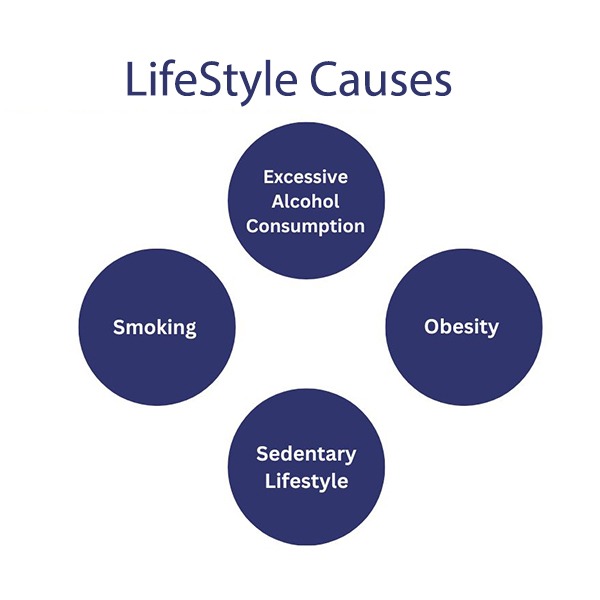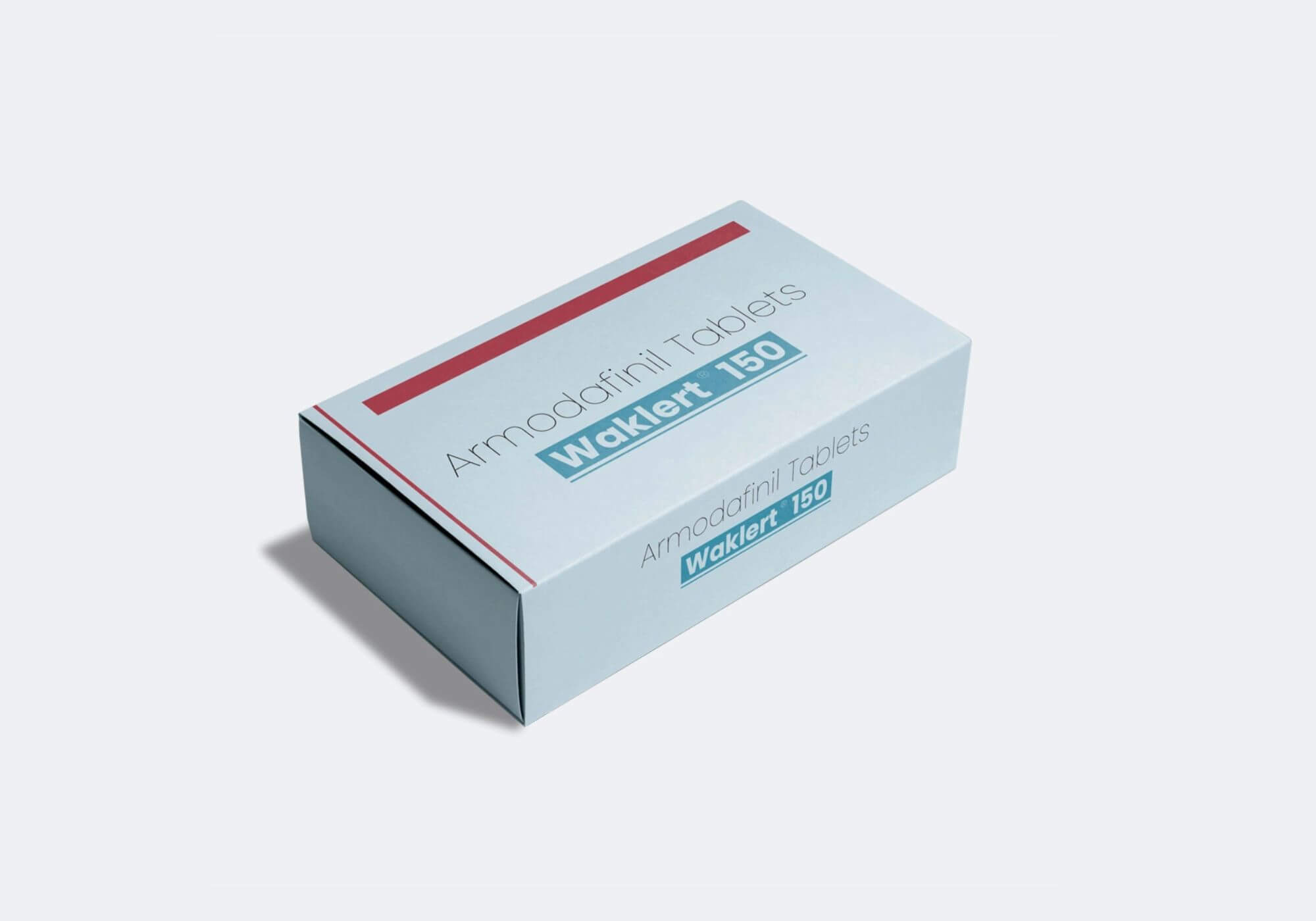Understanding Erectile Dysfunction: Causes, Treatments, and When to Seek Help
Written By -
on August 19, 2024

Erectile dysfunction (ED) is a general condition considered by the inability to achieve or maintain an erection sufficient for a satisfied sexual performance. One cannot say that this condition with difficulty in erections is a permanent or untreatable cause of concern however this can be a sign of other underlying health disorders. This article explores the causes of ED, available treatments, and guidance on when to seek professional help.
Causes of Erectile Dysfunction
The causes of erectile dysfunction can be categorized ahead with a variety of the factors such as below listed.
1. Physical Causes
Physical causes of ED are often related to blood flow, nerve function, or hormone levels. Some of the most common physical causes include:
– Cardiovascular Disease: Conditions such as hypertension (high blood pressure) and atherosclerosis (hardening of the arteries) can impair blood flow to the penis, making it difficult to achieve or maintain an erection.
– Diabetes: Diabetes can damage nerves and blood vessels over time, which may affect erectile function. Poorly controlled blood sugar levels increase the risk of ED.
– Hormonal Imbalances: Low levels of testosterone or other hormonal imbalances can impact sexual desire and function. Conditions such as hypothyroidism or pituitary disorders may also contribute to ED.
– Neurological Disorders: Diseases like Parkinson’s and multiple sclerosis can affect the nerves involved in the erection process.
– Chronic Kidney Disease: This can lead to hormonal imbalances and affect blood flow, resulting in ED.
– Pelvic Surgery or Trauma: Procedures or injuries involving the pelvic region can damage nerves or blood vessels necessary for erections.

2. Psychological Causes
Psychological factors play a significant role in sexual health and can contribute to ED:
– Stress and Anxiety: Daily stressors and performance anxiety can interfere with the ability to achieve or maintain an erection. Worries about sexual performance or other aspects of life can impact sexual function.
– Depression: This mental health condition can reduce sexual desire and make it challenging to become aroused.
– Relationship Issues: Conflicts, lack of communication, or emotional disconnect between partners can contribute to ED.

3. Lifestyle-Related Causes
Lifestyle choices can influence erectile function:
– Smoking : Tobacco use affects blood flow and can damage blood vessels, increasing the risk of ED.
– Excessive Alcohol Consumption : While moderate alcohol use might not have a significant impact, excessive drinking can impair sexual function and contribute to ED.
– Obesity : Excess body weight is associated with a higher risk of developing conditions that can lead to ED, such as diabetes and cardiovascular disease.
– Sedentary Lifestyle : Lack of physical activity can negatively impact cardiovascular health, increasing the risk of ED.

Treatments for Erectile Dysfunction
Treatment options for ED vary depending on the underlying cause and may involve a combination of lifestyle changes, medical therapies, and psychological support.
1. Lifestyle Modifications
– Weight Management: Achieving and maintaining a healthy weight can improve overall health and reduce the risk of ED. A balanced diet and regular exercise are crucial.
– Smoking Cessation: Quitting smoking can improve blood flow and overall vascular health, potentially alleviating ED symptoms.
– Moderation of Alcohol Intake: Limiting alcohol consumption can help improve sexual function.
– Physical Activity: Regular exercise enhances cardiovascular health and can improve erectile function.
2. Medical Treatments
Several pharmacological options are available for managing ED:
- Medications taken Orally- Some of the well-known PDE (Phosphodiesterase) inhibitors in the form of oral medication such as sildenafil citrate, tadalafil, vardenafil are widely prescribed or suggested. These all types of oral medications are available in pharmacy stores and online to order easily with prescriptions. These medications help to increase the blood flow to penis and increase potential and maintenance of erection.
- Hormone Therapy: For men with hormonal imbalances, testosterone replacement therapy may be beneficial. This can be controlled through injections, coverings, or gels.
- Injectable Medications: Medications like alprostadil can be injected directly into the penis to promote an erection. If the oral medication does not affect then this method is used.
- Vacuum Erection Devices: These devices create a vacuum around the penis, drawing blood into it and helping to achieve an erection. A tightening ring is then used to maintain the erection.
- Surgical Options: In cases where other treatments are unsuccessful, surgical interventions, such as penile implants, may be considered. These implants can be inflatable or malleable and are designed to help achieve and maintain an erection.

3. Psychological Therapy
– Counseling: Therapy with a mental health professional can address psychological factors contributing to ED. Cognitive-behavioral therapy (CBT) and couples therapy can be effective in treating performance anxiety, depression, and relationship issues.
– Sex Therapy: Specialized sexual health therapists can help individuals and couples explore and address sexual concerns, enhancing sexual satisfaction and overcoming barriers to sexual function.
When to Seek Professional Help
It is important to seek professional assistance if ED persists or is accompanied by other symptoms. Here are some indicators that warrant consultation with a healthcare provider:
– Persistent Symptoms: If ED occurs frequently and impacts your quality of life, it is important to seek medical advice.
– Underlying Health Conditions: If you have a chronic condition like diabetes or cardiovascular disease, or if you suspect a hormonal imbalance, consult with a healthcare provider to address these issues.
– New or Sudden Onset: If ED develops suddenly or is associated with other symptoms such as pain, swelling, or unusual discharge, professional evaluation is necessary to rule out underlying health issues.
– Impact on Relationships: When ED affects your relationship or emotional well-being, seeking help from a healthcare professional or therapist can be beneficial.
Conclusion
Erectile dysfunction is a multifaceted condition with a range of potential causes, including physical, psychological, and lifestyle-related factors. Understanding these causes can guide effective treatment and management. Lifestyle modifications, medical treatments, and psychological therapy offer various options for addressing ED. Seeking professional help when necessary is crucial for managing this condition effectively and improving overall quality of life. If you experience persistent ED or have concerns about your sexual health, consult with a healthcare provider to explore appropriate treatment options tailored to your needs.
More Blogs













